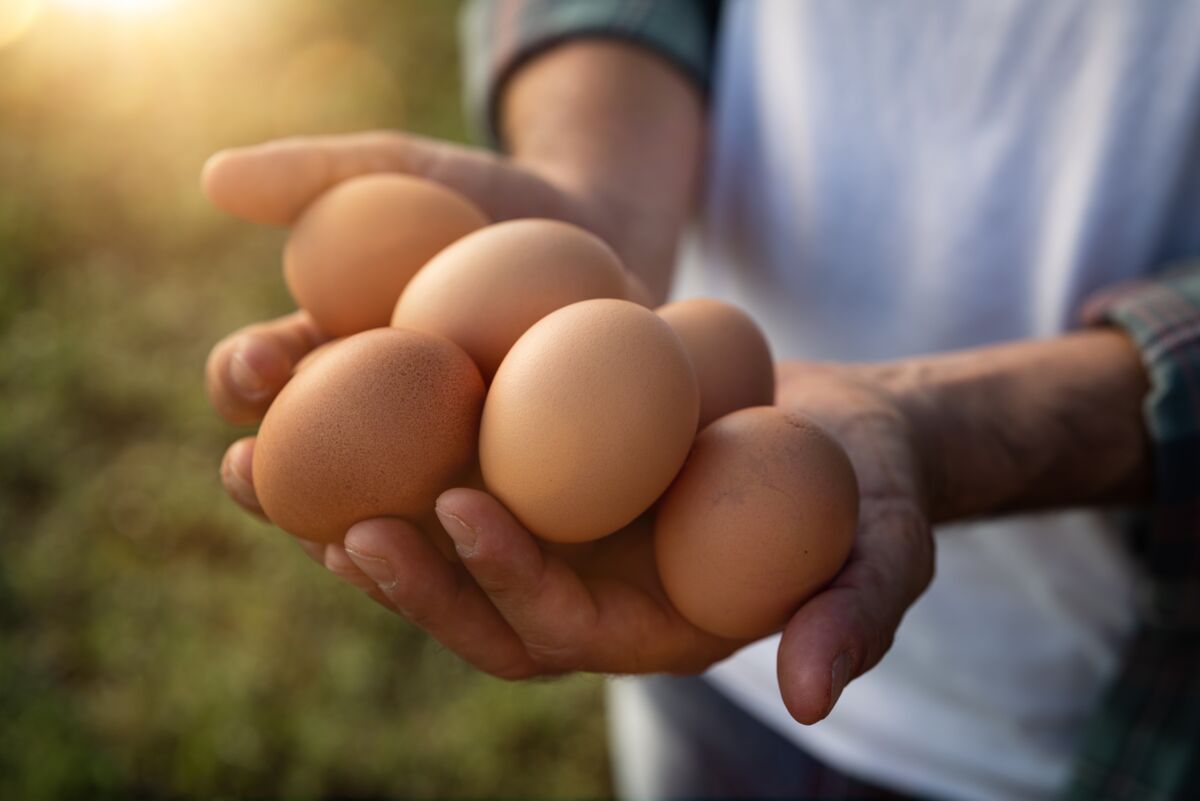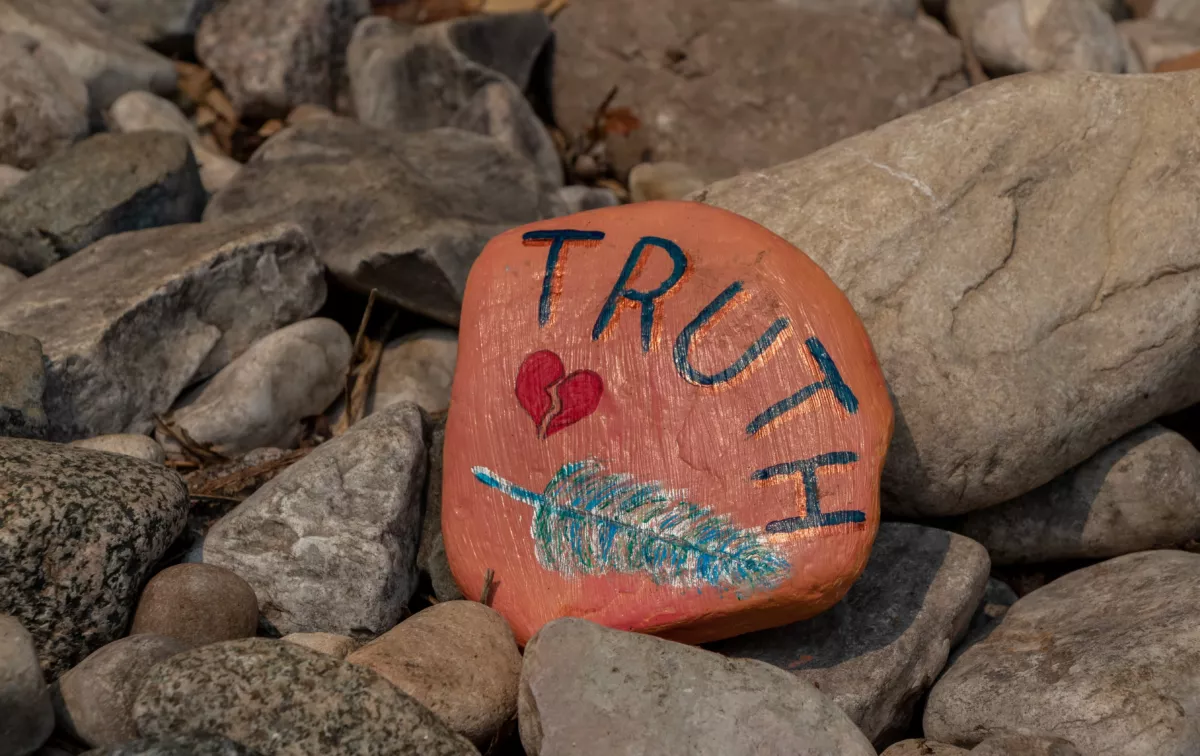URGENT: Help Save Our Ostriches
By Team Ostrich, Supporters of Universal Ostrich Farms
What would you do if, after thirty years of raising and caring for animals on your farm, the government suddenly showed up and ordered you to slaughter them?
This is the heartbreaking reality for the farmers of Universal Ostrich Farms, located in the remote town of Edgewood, British Columbia. For over three decades, Karen Espersen and Dave Bilinski have devoted their lives to raising up to 500 ostriches on their farm, which is known for its groundbreaking research on the robust immune systems of these remarkable creatures.
The farm is home to a herd of non-commercial ostriches, some of which have been with the farmers for over 34 years. Karen’s daughter, Katie Pasitney, grew up with these ostriches and considers them more like family. Each has its own name and personality, like Frank, Lulu, and Q-Tip. However, an illness in December 2024 led to drastic government interventions, threatening both the lives of the ostriches and the livelihoods of the farmers who care for them.
What Happened?
The situation began on December 10, 2024, when a three-year-old ostrich showed pneumonia-like symptoms. Although it recovered, some younger ostriches and those introduced to the farm after 2020 also became ill, resulting in 69 deaths out of 468 ostriches, or 15% of the original herd, over 36 days.
Don’t lose touch with uncensored news! Join our mailing list today.
The farmers observed that ostriches previously exposed to a bacterial infection in 2020 showed no new symptoms or deaths, suggesting they had achieved herd immunity. Despite the losses, the remaining ostriches fully recovered, and as of January 15, 2025, no further illnesses or deaths have occurred.
Though the ostriches are not being raised for food, it didn’t take long for the Canadian Food Inspection Agency (CFIA) to get involved.
On December 28, the farm received a phone call from the CFIA, stating that they had received an anonymous tip that there was suspicion of avian flu on the farm and that they would be coming to take samples.
On December 30, CFIA agents arrived at the farm and conducted two PCR tests (oral and rectal) on two dead ostriches that had been deceased for over 24 hours. The farmers asked the attending CFIA agents if they would also test a couple of their healthy ostriches, and they were denied this request.
The next day, on December 31, the PCR results came back positive for H5N1 avian influenza, and a cull order was issued for the family to destroy all of their ostriches by February 1, 2025. The farmers were also given a set of quarantine requirements with instructions on how to dispose and bury their animals, along with a link to mental health support.
Request for Additional Testing
Espersen and Bilinski were shocked and requested further testing to confirm the results. They asked for tissue samples to be taken, as this is considered the gold standard for diagnosing any illness. They wanted to determine whether it was avian flu or something else, possibly a bacterial infection, as the symptoms resembled those that affected the farm in 2020. At that time, an autopsy and tissue sampling were conducted, and the vet identified it as pseudomonas, a bacteria commonly found in soil and water.
The farmers asked for the same testing protocol to be applied in order to confirm the results, but CFIA denied their request. Espersen and Bilinski were also informed that they were prohibited from testing or treating their animals, including independent evaluations from their vet, under the threat of a $200,000 fine and six months in jail.
A Glimmer of Hope
On January 2, the farmers received an email from a CFIA agent stating their animals qualified for a depopulation exemption due to their rare and valuable genetics. The email included a Distinct Unit Request Package with a depopulation exemption form, which they were asked to complete to prevent the ostriches from being culled. However, the form was intended for commercial poultry farms and did not apply to their situation. Espersen explained that the form couldn’t be filled out properly, as nearly every question was unrelated to ostriches. The CFIA agent warned that answering “no” or leaving questions unanswered would lead to the exemption being denied.
The following day, a five-hour meeting took place between top CFIA officials and the farmers. The CFIA expressed interest in learning more about the farm and its operations, requesting detailed information on their business plans and supporting research. Espersen and Bilinski freely shared this information, hoping it would demonstrate a unique and valuable opportunity for collaboration in studying and potentially funding important natural antibody research in Canada.
The Promise of Natural Antibodies
The ostriches at Universal Ostrich Farms are valued not only for their genetic traits but also for their strong, robust immune systems, which have attracted the interest of researchers worldwide. After the farm stopped producing ostrich meat in 2020, Espersen and Bilinski shifted their focus to studying natural antibodies, collaborating with Dr. Yasuhiro Tsukamoto of Kyoto University, Japan, and Dr. Stu Greenberg from Boston. This joint research examines the unique properties of antibodies found in ostrich eggs and their potential applications across various fields of study.
The farmers believe their farm has the potential to provide critical insights into managing and controlling diseases in wild populations, such as migratory ducks and other wildlife species. “Why isn’t the CFIA working with us to come up with a solution?” Pasitney wonders. “Why are they so determined to destroy our healthy ostriches and stamp out their natural immunity?”
Exemption Request Denied
On January 10, the farmers received official correspondence from the CFIA denying their request for a depopulation exemption, stating they did not meet the criteria for unique and rare genetics. They were also reminded that the cull order remained in effect, requiring them to destroy and dispose of all ostriches by February 1. In their email, the CFIA stated, “This decision is final and not subject to appeal.”
This was a huge blow to the family, who felt this was their last chance to stop the unnecessary killing of their beloved ostriches.
A Growing Movement to Save the Ostriches
Pasitney remembers the early days of feeling desperate for help. She reached out to friends, family, her community, and local news agencies and did as many interviews as possible with independent journalists, various media outlets, and podcasters. The story of the ostriches quickly spread, with people from all across Canada, the US, and now the world showing support.
On January 21, the day before the CFIA was scheduled to inspect, Pasitney and a group of community leaders held an emergency meeting. Within hours, the campaign “Save Our Ostriches” was launched. A website was set up, posters were designed, and social media posts were shared. People quickly mobilized, gathering at the farm the following morning to show their support.
Upon hearing about the gathering, the CFIA cancelled its inspection an hour before it was scheduled, stating it was aware of protestors and would bring the RCMP next time. The 10 peaceful supporters holding handmade “Save Our Ostriches” signs on the side of the road weren’t surprised. It was yet another example of the government’s heavy-handed approach.
The next day, the CFIA sent another email at the end of the day that they would be returning the following morning. This gave the supporters little time to organize, but they still managed to gather 15 concerned citizens to quietly witness, film, and photograph the visit. As expected, the RCMP arrived, along with four CFIA agents dressed in full hazmat suits, to conduct a protocol check and ensure compliance with quarantine measures. This time, the farmers were ready, capturing footage, asking questions, and recording their interactions on social media.
Legal Support
During this time, the farmers garnered legal support from advocates and lawyers. A legal team quickly came together and worked around the clock to secure an emergency injunction on January 31, just one day before the scheduled cull order.
Federal Judge Justice Michael Battista ruled to stay the cull order imposed by the CFIA, granting the farmers time to seek a judicial review of the case.
This brought happy tears to the family, who were watching the proceedings virtually from their Edgewood farm. Pasitney shared that everyone involved with the farm was “ecstatic” upon hearing the judge’s ruling. “It’s been a lot of sleepless nights and long days, not knowing if we would have to watch 35 years of hard work and 400 ostriches be unjustly killed.”
The farmers recognize that the judge’s ruling is only a temporary reprieve, and they face a long legal battle ahead.
The CFIA continues to put pressure on the farm, imposing 19 new quarantine measures on February 6, including separating the males and females to prevent breeding, covering frozen ponds with netting, and requiring additional barns and double fencing. “It feels like we’re being set up for failure,” Pasitney says. The CFIA also filed an appeal against Justice Battista’s ruling, claiming the judge “erred in law and in principle, and/or seriously misapprehended the facts.”
What’s at Stake
The facts are that if the ostriches are culled, it would not only be a tragic loss of life but also a loss of valuable genetic material and groundbreaking research. These ostriches may revolutionize disease research and contribute to humanity in ways that have yet to be fully realized.
“These ostriches have the ability to do something truly remarkable,” Pasitney says, choking up as she recalls her mother’s words from childhood. “My mom always said these ostriches would do something amazing for humanity one day. Maybe that time is now.”
Fundraising and Support
To donate or stay updated on the legal battle, please visit SaveOurOstriches.com
One way funds are being raised is through the sale of Ask the Ostriches, a book written by local mom Vicky Wallace and illustrated by her children. All profits go toward the legal costs to protect the ostriches.











